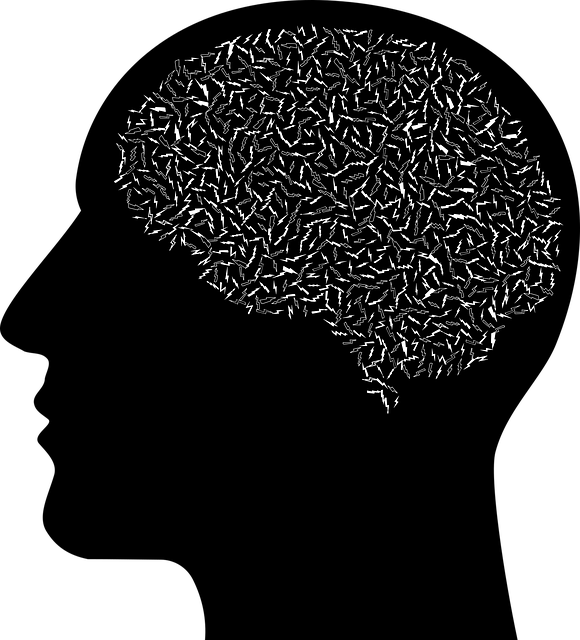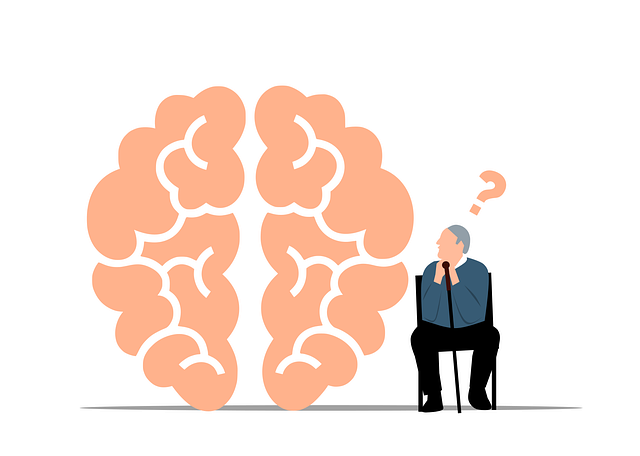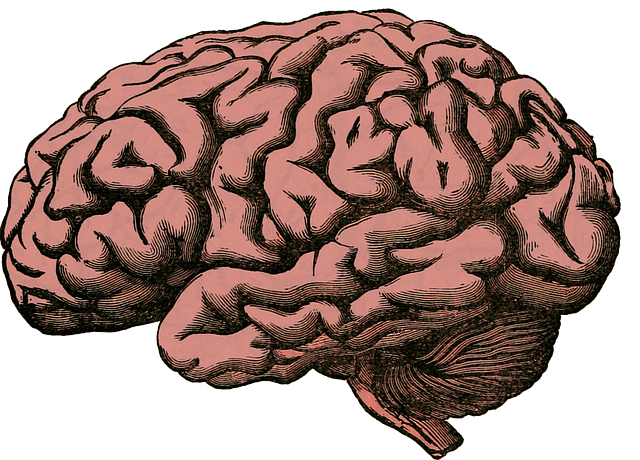Highlands Ranch introduces specialized coaching programs as a proactive approach to mental wellness, focusing on stress, anxiety, and low mood management. These initiatives, including personalized goal setting and coping strategy training, aim to empower individuals and build resilience. With cultural sensitivity at the core, the program addresses local challenges, prevents suicide, promotes well-being, and fosters a supportive community environment. Incorporating digital tools and evidence-based techniques, alongside comprehensive training for coaches, ensures inclusive, effective support tailored to diverse client needs.
In the heart of Colorado, Highlands Ranch is witnessing a growing demand for mental wellness coaching, especially in light of suicide prevention therapy. This article delves into the crucial development of such programs, focusing on key components and modern strategies. We explore how technology and digital tools are transforming mental health support, and the importance of proper training and certification for coaches to effectively make a difference in their community, including Highlands Ranch suicide prevention initiatives.
- Understanding Mental Wellness Coaching: A Growing Need in Highlands Ranch
- The Impact of Suicide Prevention Therapy in Community Settings
- Designing Effective Coaching Programs: Key Components and Strategies
- Integration of Modern Techniques: Technology and Digital Tools for Mental Health Support
- Training and Certification: Equipping Coaches to Make a Difference
Understanding Mental Wellness Coaching: A Growing Need in Highlands Ranch

In the heart of Highlands Ranch, a growing recognition of the importance of mental wellness has sparked a need for specialized coaching programs. With a focus on proactive healthcare, these initiatives aim to support individuals in navigating their mental health journeys and fostering resilience. Mental wellness coaching differs from traditional therapy in its emphasis on empowerment and skill-building. Coaches work collaboratively with clients to set personalized goals, providing tools and strategies to enhance coping mechanisms, improve self-esteem, and boost confidence. This approach is particularly beneficial for those who may not require clinical intervention but seek guidance to manage stress, anxiety, or low mood.
Highlands Ranch, known for its vibrant community, also faces unique challenges related to mental health. The high pace of life, coupled with cultural diversity, demands sensitive and tailored support. Incorporating cultural sensitivity in mental healthcare practice is essential to ensure that coaching methods resonate with individuals from various backgrounds. By addressing the growing demand for accessible mental wellness coaching, Highlands Ranch can contribute to preventing issues like suicide, promoting overall well-being, and fostering a more supportive community environment.
The Impact of Suicide Prevention Therapy in Community Settings

In community settings like Highlands Ranch Suicide Prevention Therapy focuses on addressing mental health challenges head-on, aiming to prevent tragic outcomes and promote well-being. This therapy goes beyond traditional counseling by fostering a supportive environment where individuals feel understood and empowered. Through group sessions and personalized coaching, participants learn valuable coping mechanisms for stress management, gain empathy building strategies to connect with others, and discover effective anxiety relief techniques. The approach is holistic, targeting not just symptoms but the underlying causes of distress, ultimately equipping individuals with tools to navigate life’s challenges more resiliently.
Highlands Ranch Suicide Prevention Therapy recognizes that mental wellness is a community responsibility. By engaging in regular programs, residents contribute to a culture of care and support, breaking down stigma and encouraging open conversations about mental health. This collective effort not only benefits those directly struggling but also strengthens the social fabric, creating a safer, more supportive environment for everyone.
Designing Effective Coaching Programs: Key Components and Strategies

Designing effective coaching programs for mental wellness involves integrating key components tailored to meet individual needs. These programs should start with a comprehensive assessment to understand clients’ unique circumstances, including their personal goals and challenges related to emotional regulation. Incorporating strategies like cognitive-behavioral techniques, mindfulness practices, and goal-setting exercises can empower individuals to develop coping mechanisms that enhance their mental wellness.
Highlands Ranch Suicide Prevention Therapy emphasizes the importance of cultural sensitivity in mental healthcare practice. Coaches must be adept at creating safe spaces where clients feel comfortable discussing their experiences without fear of judgment. By incorporating culturally responsive approaches, coaches can address specific barriers and promote inclusive practices that cater to diverse populations, ultimately fostering better engagement and positive outcomes for mental wellness.
Integration of Modern Techniques: Technology and Digital Tools for Mental Health Support

The integration of modern techniques and digital tools has revolutionized mental wellness coaching programs, offering innovative approaches to support individuals in Highlands Ranch Suicide Prevention Therapy. Apps for meditation, such as Headspace or Calm, have gained popularity as accessible resources for practicing mindfulness meditation, a powerful tool shown to reduce anxiety and promote emotional well-being. These applications often include guided meditations, breathing exercises, and sleep aids, catering to diverse mental health needs.
Additionally, online platforms facilitate social skills training, providing virtual spaces for individuals to connect, share experiences, and learn coping strategies together. This digital approach broadens access to support groups and therapy sessions, especially beneficial in rural or underserved areas like Highlands Ranch, where specialized services might be limited. By embracing these modern tools alongside traditional methods, mental wellness coaches can enhance their programs, offering comprehensive and effective solutions for bettering one’s mental health, with a focus on techniques like Mindfulness Meditation and strategies for Anxiety Relief.
Training and Certification: Equipping Coaches to Make a Difference

Highlands Ranch Suicide Prevention Therapy highlights the importance of well-trained mental wellness coaches in making a tangible difference in individuals’ lives. Equipping coaches with comprehensive training and certifications is a pivotal step in fostering effective support systems. This involves not just understanding therapeutic techniques but also delving into specific areas like Healthcare Provider Cultural Competency Training to ensure inclusive care. By acquiring these credentials, coaches can navigate diverse client needs, offering tailored guidance and enhancing the overall quality of mental wellness services.
Moreover, regular updates through Mental Health Policy Analysis and Advocacy training enable coaches to stay informed about best practices and legislative changes. This knowledge empowers them to provide not just personal growth but also socially relevant support, aligning with broader community health goals. Incorporating Mental Wellness Journaling Exercise Guidance can further enhance coaching sessions, enabling clients to track progress and internalize learning, ultimately strengthening their mental resilience.
Mental wellness coaching programs are emerging as a powerful tool in addressing mental health concerns, especially in communities like Highlands Ranch. By integrating effective strategies, such as those learned from suicide prevention therapy, and leveraging modern technology, these programs can provide accessible and tailored support. With proper training and certification, coaches play a vital role in fostering resilience and enhancing the well-being of individuals within their communities. This growing field offers hope and practical solutions for those seeking mental health guidance.










